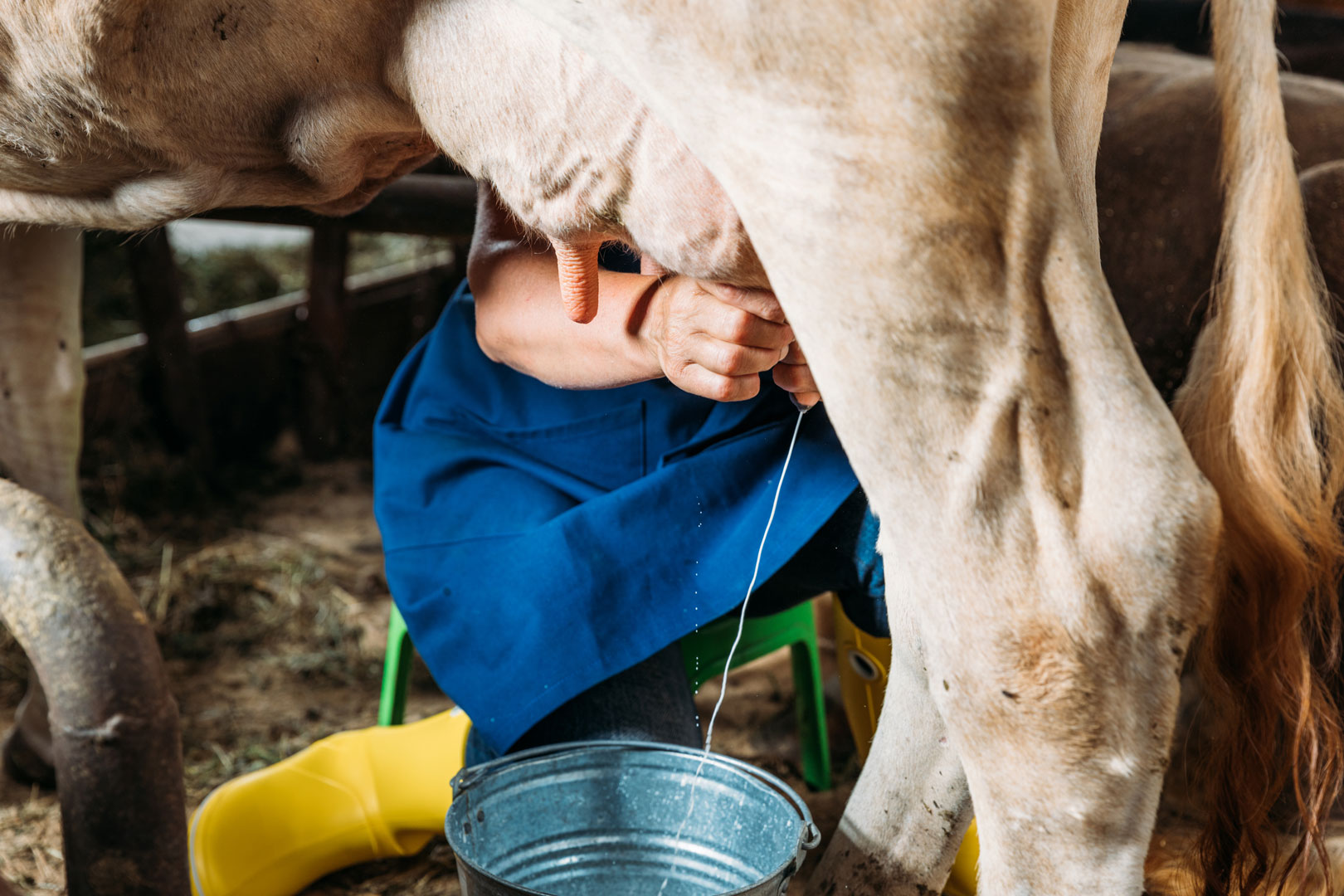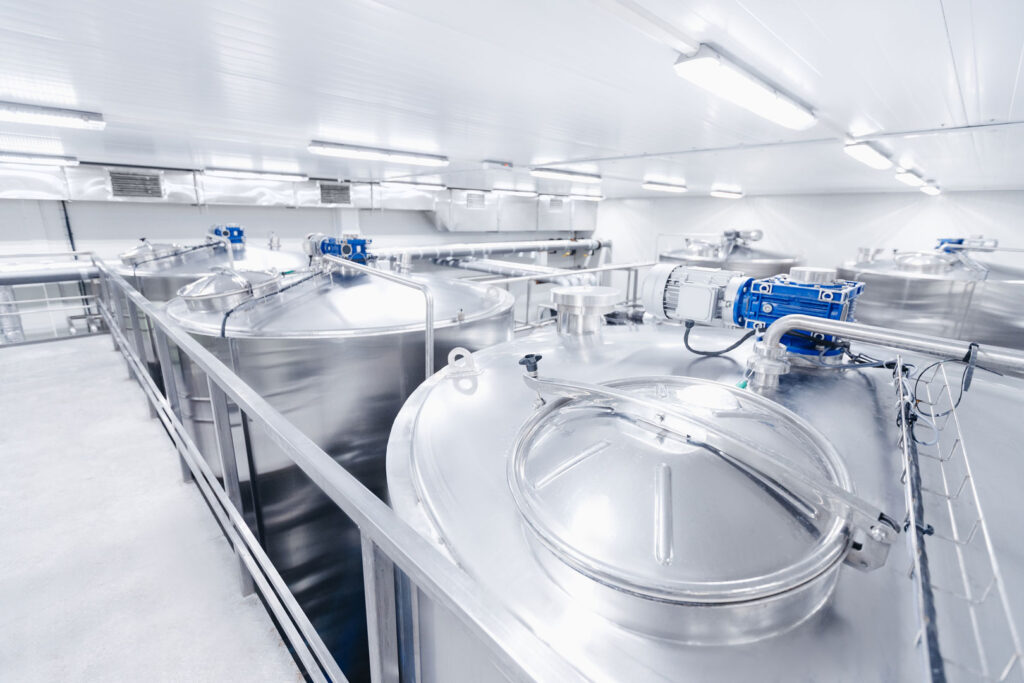
Milk production is done with one intention: to provide a food of high nutritional value for humans with a great quality control. In addition, the qualities of this product are increasingly recognized in everyone’s diet.
Keep in mind that in order for milk to meet these nutritional expectations, it must meet a series of requirements that define its quality: physicochemical composition, organoleptic qualities and number of microorganisms present.
Homogenize and cream the milk
After the milk leaves the cow, its physicochemical composition can no longer be changed; the only adjustment allowed to improve its appearance is homogenization. Likewise, to develop quality control and make it more attractive for a special consumer, the action of decaying is given.
These processes are carried out using the permitted and declared technologies. In the production chain, from the dairy farm to the processing plant, it is necessary to take care of all those factors that may deteriorate the product, to avoid losses to the producer and a decrease in skillful volumes for the industry. Hence the importance of maintaining constant quality control by monitoring such factors such as temperature, colony-forming units (CFU) or the pH of milk.

How to achieve a healthy, appetizing and long-lasting product?
Milk, being a highly perishable product, must be handled correctly. The processing plant is responsible for the quality of the milk from the entrance to the receivers or collection centers until the product reaches the final consumer.
Milk quality control is achieved if it complies with the three specifications established above: physicochemical composition, organoleptic qualities and microbiological qualities. Likewise, the quality of the processes and the machinery that perform them play a fundamental role in the conservation and preservation of the dairy product.
Elements such as good control in the homogenization pressure, constant monitoring of pasteurizer retentions, the management of protein stabilization temperatures in UHT, can make a difference in the face of the quality of the final product, since ineffective control of the process detracts its nutritional value and in some products can result in the caramelization of it.
Importance of milk quality control
In the milk industry, the changes, defects, pollution and pollution are numerous and their causes are diverse and varied, according to Ahmed and Abdellatif in their article «Quality Control of Milk in the Dairy Industry«. It is important to know that quality milk is one that has a composition (fat, protein, lactose, vitamins and minerals) according to legal regulations.
Likewise, it should be remembered that there is good quality control of milk when it has low microbial counts, is hygienic, free of pathogenic microorganisms, physicochemical contamination and strange aromas or flavors.

To deliver a product in excellent condition, it is necessary to have the technology that facilitates it. ESSI is concerned about food safety and offers innovative machinery solutions for the packaging, process and end of the production of milk and other derivatives.
ESSI is an expert in solutions for the food and beverage dairy industry, so it has qualified personnel who are available to its customers to guarantee the reliability and performance of the equipment. Get in contact here or go to the website essi.com.co to receive personalized attention.
